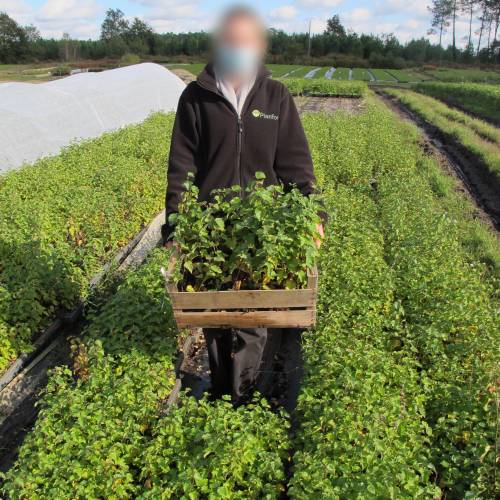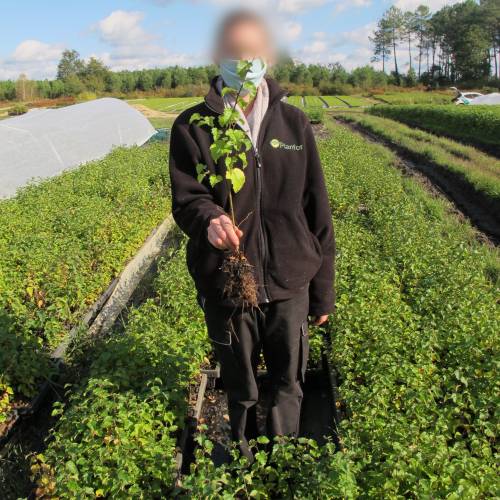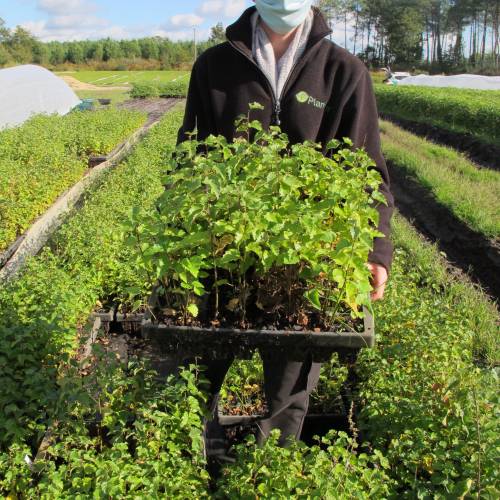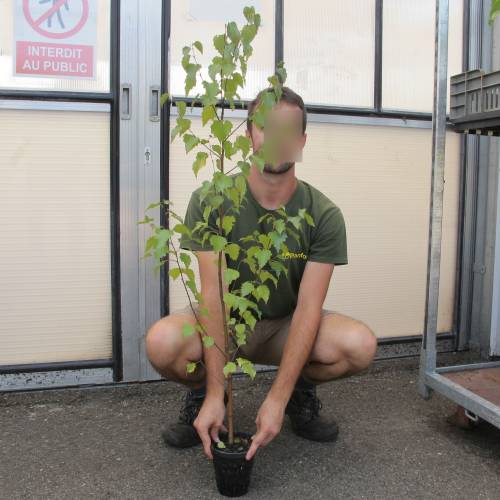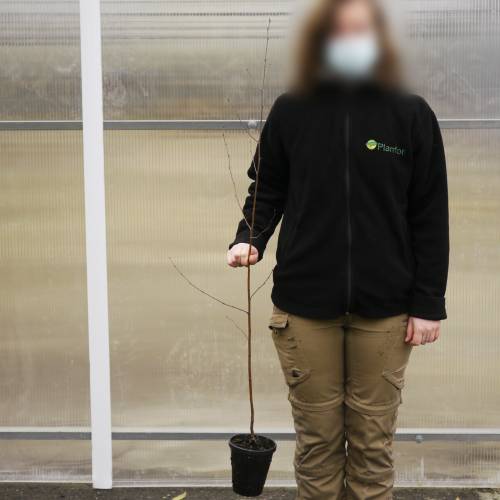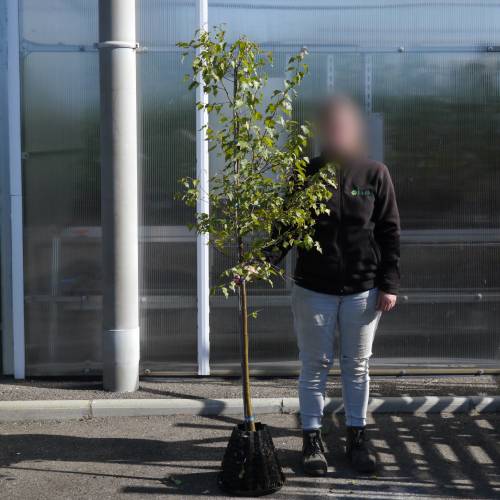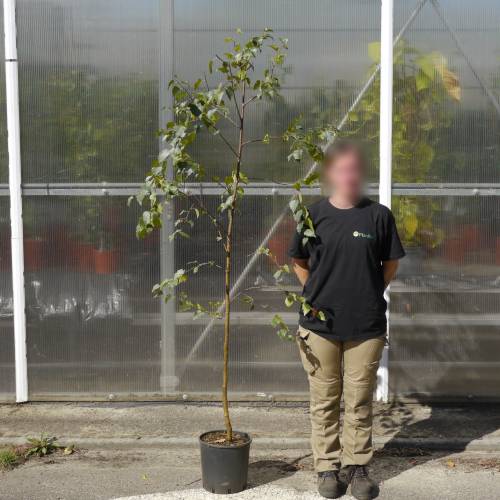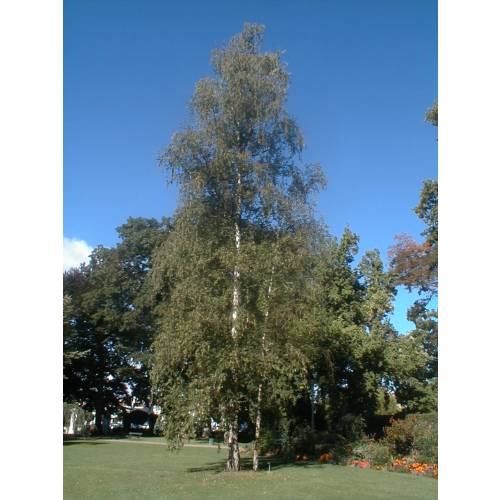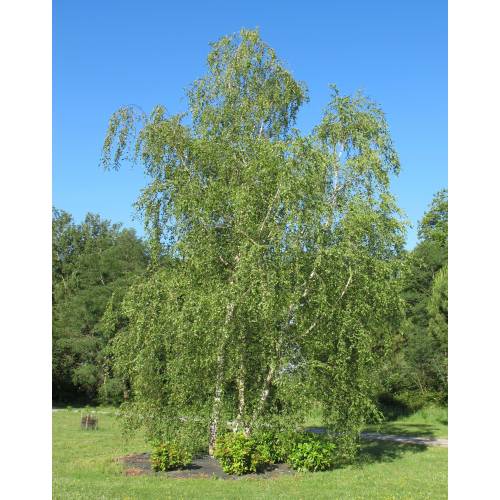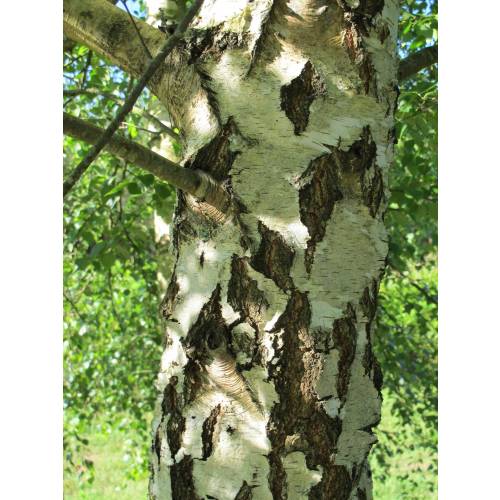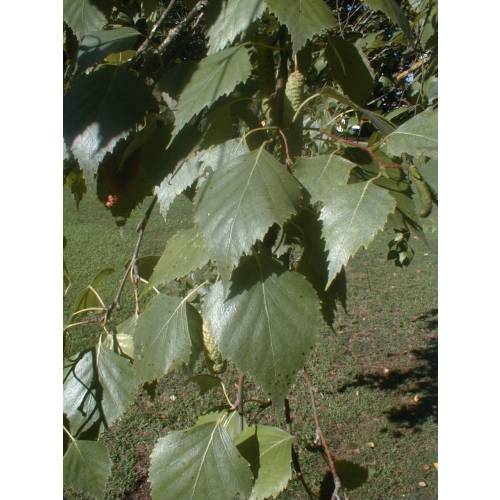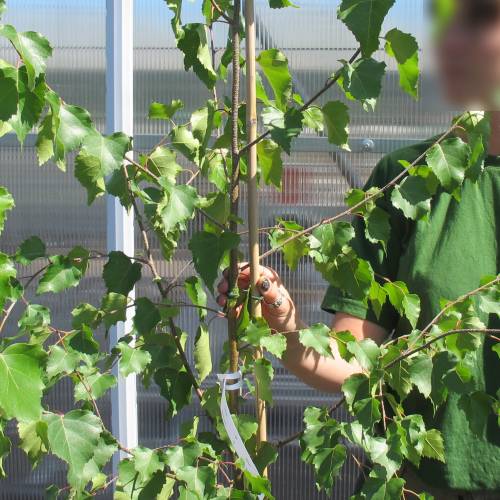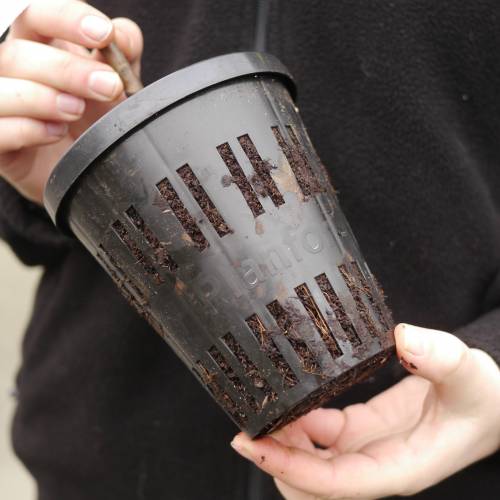
Plants
Birch, Silver / Betula alba, Betula verrucosa, Betula pendula
-
64.38 € Silver birch - Betula alba
1634L - Available
-
58.97 € Silver birch - Betula alba
1634O - Available
-
53.56 € Silver birch - Betula alba
1634E - Available
-
51.40 € Silver birch - Betula alba
1634e - Available
-
21.10 € Silver birch - Betula alba
1634P - Available
-
20.50 € Silver birch - Betula alba
1634I - Available
-
19.42 € Silver birch - Betula alba
1634R - Available
-
18.34 € Silver birch - Betula alba
1634r - Available
-
17.26 € Silver birch - Betula alba
1634rB - Available
-
16.18 € Silver birch - Betula alba
1634rC - Available
-
8.61 € Silver birch - Betula alba
1634u - Available
-
8.07 € Silver birch - Betula alba
1634v - Available
-
7.52 € Silver birch - Betula alba
1634w - Available
-
6.98 € Silver birch - Betula alba
1634x - Available
-
6.66 € Silver birch - Betula alba
1634xB - Available
-
6.44 € Silver birch - Betula alba
1634xC - Available
-
4.92 € Silver birch - Betula alba
1634T1 - Available
-
4.27 € Silver birch - Betula alba
1634T2 - Available
-
3.73 € Silver birch - Betula alba
1634T3 - Available
-
2.45 € Special Offer - 40%
1634T6 - Available
-
2.42 € Silver birch - Betula alba
1634J5 - Available
-
2.11 € Silver birch - Betula alba
1634J6 - Available
-
1.79 € Silver birch - Betula alba
1634J7 - Available
-
1.57 € Silver birch - Betula alba
1634J8 - Available
-
1.47 € Silver birch - Betula alba
1634J9 - Available
-
0.40 € FERTILISER
1634A - Available
-
0.00 € Silver birch - Betula alba
1634M - Request for quotation
-
Areas of origin: Europe, from Norway to Sicily.
Adult Dimensions: Height up to 30 metres (98.4'), width up to 20 metres (65.6').
Foliage: Deciduous.
Soil Type: All.
Hardiness: Hardy to -40°C. Pioneering species on light soils, burnt or cleared areas.
Exposure: Full sun.
Speed of growth: Up to 1 metre in the first year.
Properties and uses:
The leaves of this beautiful tree become yellow in autumn. The white bark of mature trees has deep crevices across the base This is a vigorous tree which can be planted alone, in a group or within a windbreak hedge. It is also a medicinal plant containing betulin and is used as a diuretic, or for treating rheumatism. Leaves are used to make tisanes or as a compress.
Plant, or reforest Norway Maple, Betula pendula, betula alba, betula verrucosa – Foresters Guide
1) The Norway Maple (Robinia pseudo-acacia) is it suitable for my land? The Silver Birch needs sunlight and a lot of water. This genus thrives in humid forests, on moors and even peat lands. The Silver Birch grows in poor, acidic to highly acidic soils.
2) Which planting density for my Norway Maple plot? (Betula pendula, betula alba, betula verrucosa)
The planting density is the number of plants planted in one hectare (acre). Here it means determining the initial number of young plants and to choosing their repartition in the available space.
The planting density is defined by the gaps in between the lines as well as the spacing in between each plant on a same line.
It is the basics of the silvicultural path which must lead to a final trees’ population of quality and to the fulfilment of the land’s owner set goals.
Advice: When choosing the density, think about the width of the tool which will allow the maintenance of the gaps in between the lines. The space in between the lines must allow clear passage for a tractor-drawn, maintenance tool.
For the Silver Birch, Weeping Birch (Betula pendula, betula alba, betula verrucosa):
- If used as a side variety, it is very useful for precious deciduous trees such as the oak.
- However, for softwood lumber production, it is better to plant 1500 plants/hectare.
3) How to prepare the soil to plant Norway Maple (Betula pendula, betula alba, betula verrucosa)?
In Silviculture, working the soil is a key element in the success of planting. The root system of the tree must take rapidly where planted. Whether the work is done mechanically or manually, we recommend working the soil in its depth for optimum planting.
4) How to plant the Norway Maple (Betula pendula, betula alba, betula verrucosa)?
a- Receipt, storage and preparation of the plants before planting
- Upon receipt, place the crates side by side, on a flat surface so as there is no air circulation underneath. Choose a shady spot protected from wind;
- Maintain a good humidity level of the plants on the crates placed on the edges,
- Plan for the possibility of watering if planting is delayed or if the plants require water,
- In case of frost, do not handle the plants and if frost is forecasted for several days, place mulch on the edges.
b- Planting
Our team of professional planters use a planting cane to place the earth-balled plants in situ. This ergonomic, light tool allows quality, quicker planting work. It is also possible to carry out a traditional planting work using a pickaxe or a spade
In all case, you must:
- Dig a hole a little bit larger than the earth-ball ;
- Position it well in the hole;
- Cover it entirely;
Finally, the worker will tamp down the soil carefully with its foot. It is forbidden to press strongly or again to heel-butt the plant to avoid crushing the earth-ball and damage the root system of the plant.
Video on planting using a planting cane
Buy Planting cane
5) How to limit weeds on my Norway Maple plot (Betula pendula, betula alba, betula verrucosa) ?
During the first years, it is essential to eliminate all self-propagating plants. Not controlled they are going to be in competition with your plants and are going to deprive the young trees of the vital elements they require to grow (water, light and nutritional elements). You must therefore eliminate mechanically this unwanted competition until the trees are big enough to be able to dominate it.
Two types of operations are possible after planting:
Manual clearing around the plants
It is in fact acts often carried out using portable thermic Strimmers or billhooks to clear plants on a line or around the plants themselves.
Mechanical clearing of the space in between the lines
These actions are done using cutters and flail mowers, horizontal or vertical cutters, mounted on mini excavators or tractors. As a result, they cannot be undertaken outside the spaces available between the tree lines (seedlings or plants).
6) How to protect my young False Acacia plants from wildlife (Betula pendula, betula alba, betula verrucosa) ?
There is a necessity to protect the plot as soon as the population’s density of Cervidae (deer and roe deer in particular) risk leading to significant damage such as undergrowth of the plants or friction of the stems. Sometimes, the setting up of plants’ protection is also necessary as soon as the rodents’ population (rabbits, hares, coypu, voles...) are locally important.
3 types of protections are possible:
- Individual, mechanical Protections ( dissuasive netting, photo-degradable tubes,...)
- Protection by total wire-fencing of the plot,
- Protection by applying a repellent on each plant or on the borders of the plot.
Catalogue Protections against Game -
-
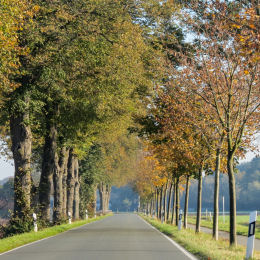
Alignment trees
66 products -
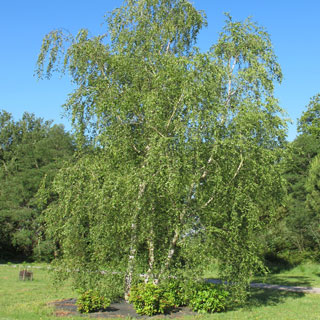
Birch Trees
8 products -

Current plants promotions
392 products -
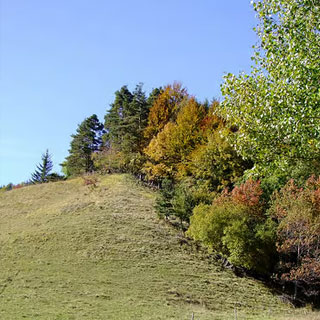
Forest Edge
28 products -
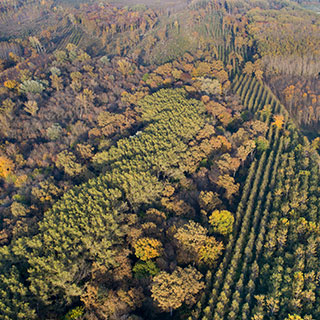
Forest Tree Seedlings
53 products -
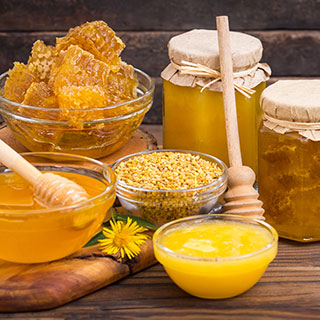
Honey Plants
246 products -
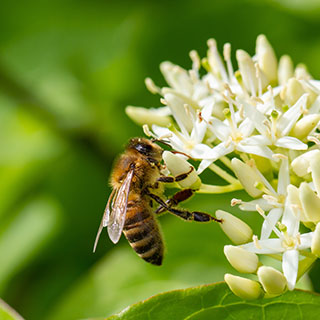
Melliferous Hedge
205 products -
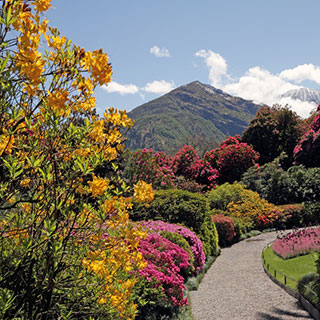
Mountain Gardens plants
194 products -
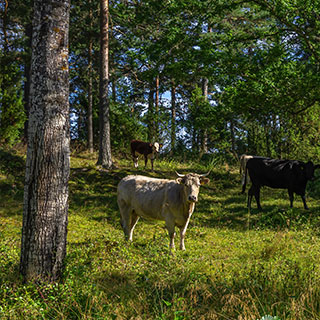
Plants for agroforestry
121 products -
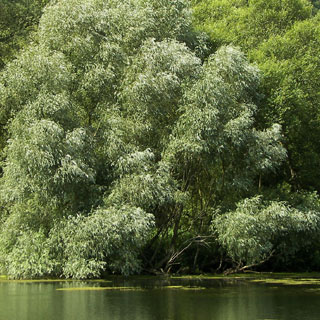
Riparian forest
83 products -
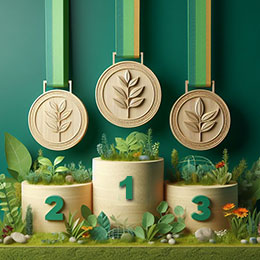
Top Selling Plants
223 products -
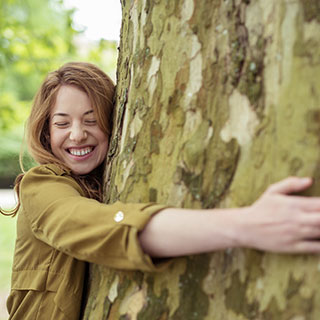
Trees, Mature Trees
154 products -
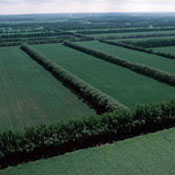
Windbreak Hedge
25 products
-

